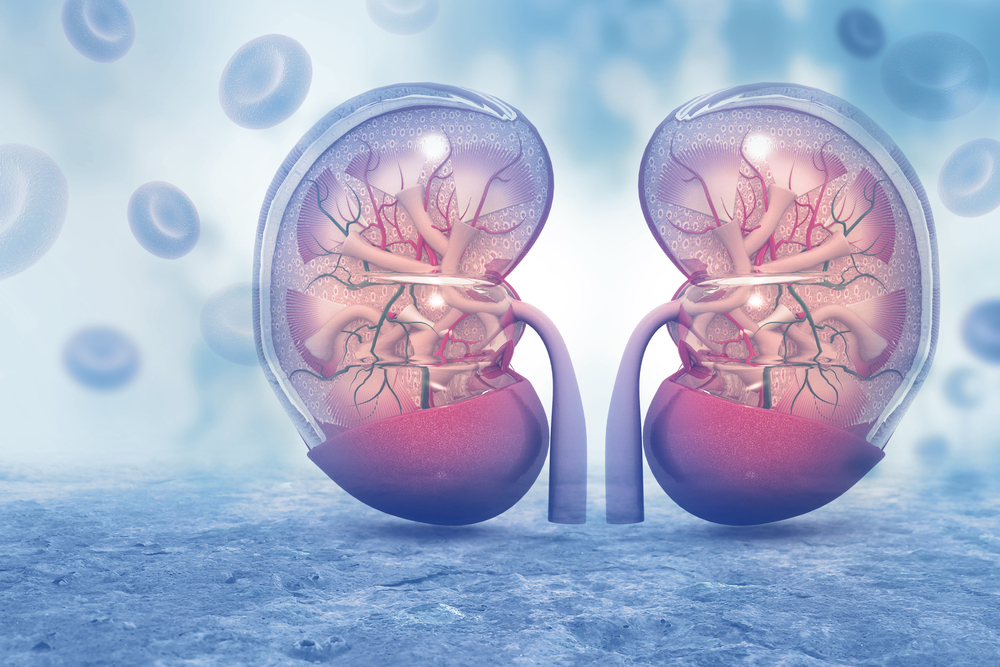Article Review: restrictive fluid therapy in AKI

A randomised controlled feasibility pilot trial comparing restrictive fluid therapy and usual care in critically ill patients with AKI
Acute Kidney Injury (AKI) is common during critical illness, and it is associated with significant morbidity and mortality. Fluid therapy is a key principle in the management of AKI. Retrospective studies have shown an association between fluid overload, worsening of kidney function and increased mortality, but no randomised controlled trials are available on the role of different fluid management strategies in critically ill patients with AKI.
Vaari et al. conducted a multicenter, unblinded, randomised, controlled pilot study to assess the feasibility of restrictive fluid management (RFM) regimen and compare it to usual care in ICU patients diagnosed with AKI.
Adult patients admitted to the ICU, in critical care for at least 12h but no more than 72h, with a diagnosis of AKI made according to ‘Kidney Disease: Improving Global outcomes (KDIGO)’ criteria, were enrolled. Exclusion criteria included: intravascular hypovolemia, active bleeding, need for maintenance therapy, ongoing Renal Replacement Therapy (RRT) or need for RRT, chronic RRT.
Patients included were randomly assigned in a 1:1 ratio to receive RFM or usual care. RFM consisted of a bundle of recommendations targeting both fluid input and output, aiming to achieve a negative or maximum 300 mL positive daily cumulative fluid balance. The intervention period was 7 days or until ICU discharge, whichever came first.
The primary outcome was cumulative fluid balance at 72h from randomisation, adjusted for severity of AKI and presence of signs of fluid overload.
102 patients were randomised between October 2017 and January 2020 in seven ICUs across Europe and Australia. 100 patients were included in the analysis.
Cumulative fluid balance at 72 h was significantly lower in the RFM group, with a mean difference of -1148 mL (-2200 mL to -96 mL), p=0.033.
Patients in the RFM group also had lower cumulative fluid balance at 24h and ICU discharge or on day 7. The study found no difference between groups in AKI duration, but fewer patients in the RFM group (13%) required RRT than the usual care group (30%).
The study has shown RFM to be safe, with fewer adverse events than usual care; RFM was found to be feasible and effective at delivering separation in fluid balance. Protocol violations were observed in 18 (36.6%) in the RFM group, with the excess of maintenance fluid therapy being the most common.
STUDY STRENGTHS & LIMITATIONS
Strengths:
- This is the first randomised controlled study comparing restrictive fluid therapy approach to standard care in patients with AKI.
- Positive results regarding the safety and feasibility of RFM encourage the design of larger studies to explore the impact of different fluid management strategies on patient outcomes.
- Fluid management in the RFM group was guided by a dynamic bundle of recommendations that could be applied by the treating physician according to patients’ clinical status, thus allowing for individualisation of therapy and maximisation of the efficacy of the intervention.
Limitations:
- Recruitment rate was slow (0.8 patients/centre/month); during the 2-year enrolment period, changes in the standard care of patients might have occurred.
- Intravascular hypovolemia was not defined according to hemodynamic variables and/or dynamic tests.
- Design of specific protocols for identifying and correcting hypovolemia could have speeded enrollment since a significant proportion of screened patients were excluded from randomisation because they were judged to be hypovolemic.
- Over 30% of patients were already discharged from ICU or deceased at 72h. These patients were included in the analysis.
- The authors don’t provide information on the quantity and quality of fluids administered to the study population, but the use of normal saline or balanced crystalloid solutions may have impacted kidney function and AKI progression.
TAKE HOME MESSAGE
Restrictive fluid management regimen has been shown to be safe and effective in critically ill patients with AKI. This study suggests that implementing a restrictive fluid therapy approach may be beneficial by preventing progression of kidney damage and avoiding thus the need for RRT, but future studies are advocated to confirm this hypothesis.
This article review was prepared and submitted by Drs Marta Cicetti and Dr Temistocle Taccheri, Fondazione Policlinico Universitario Agostino Gemelli IRCCS, Rome (Italy), on behalf of ESICM Journal Review Club.
REFERENCE
Vaara ST, Ostermann M, Bitker L, Schneider A, Poli E, Hoste E, Fierens J, Joannidis M, Zarbock A, van Haren F, Prowle J, Selander T, Bäcklund M, Pettilä V, Bellomo R; REVERSE-AKI study team. Restrictive fluid management versus usual care in acute kidney injury (REVERSE-AKI): a pilot randomized controlled feasibility trial. Intensive Care Med. 2021 May 7. doi: 10.1007/s00134-021-06401-6. Epub ahead of print. PMID: 33961058.